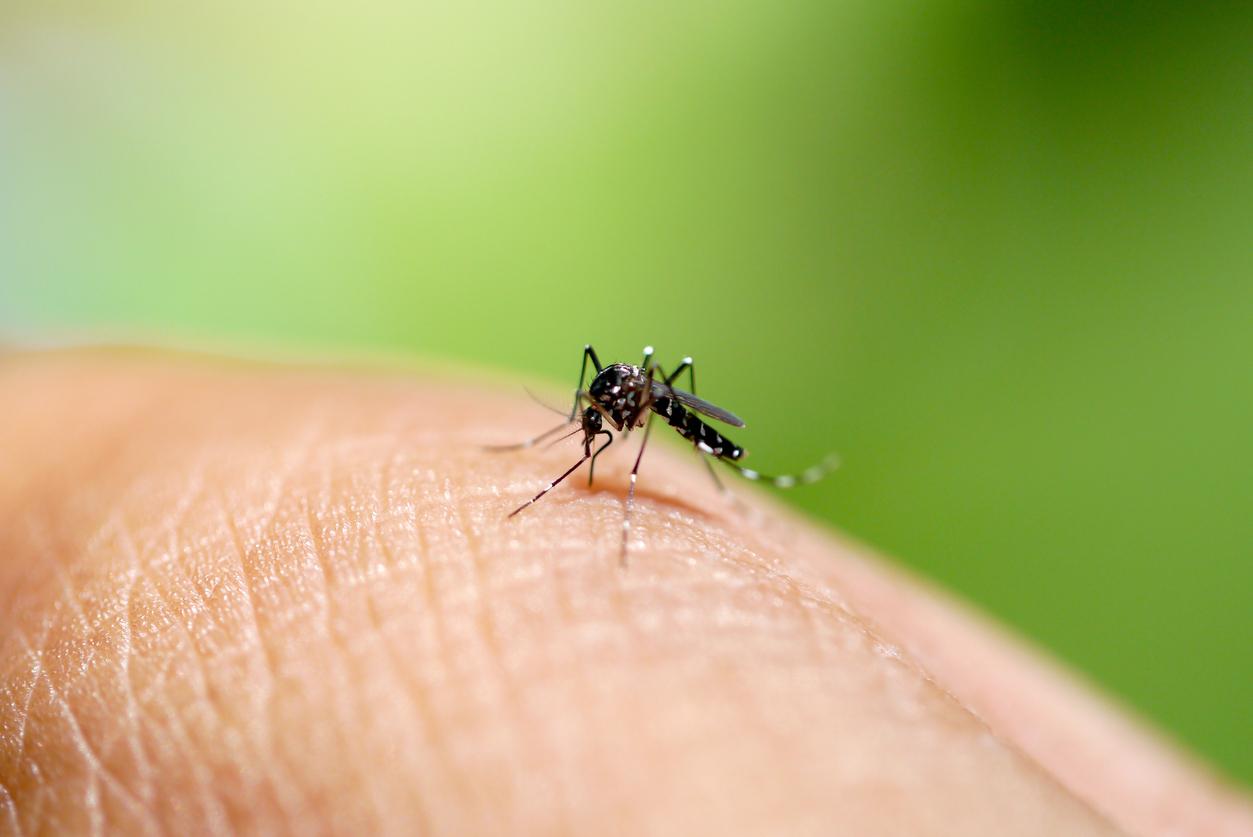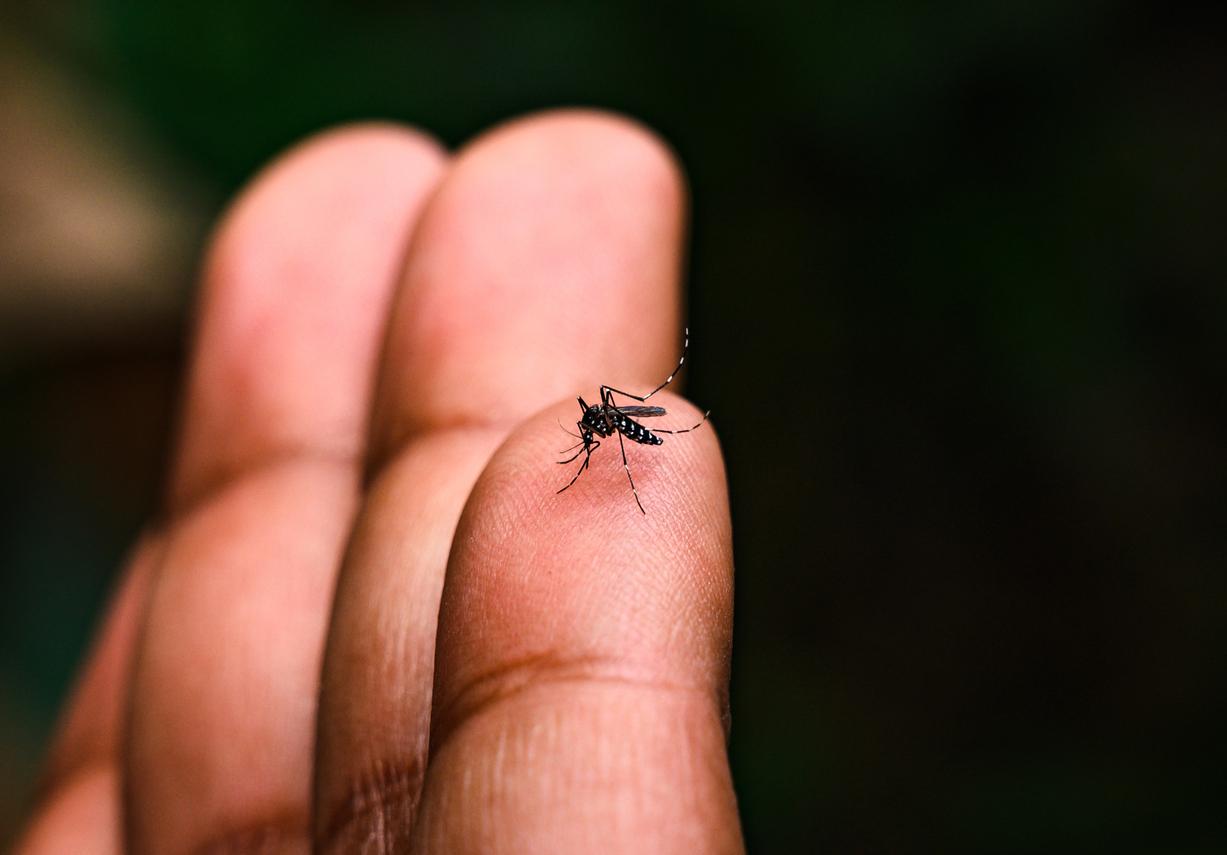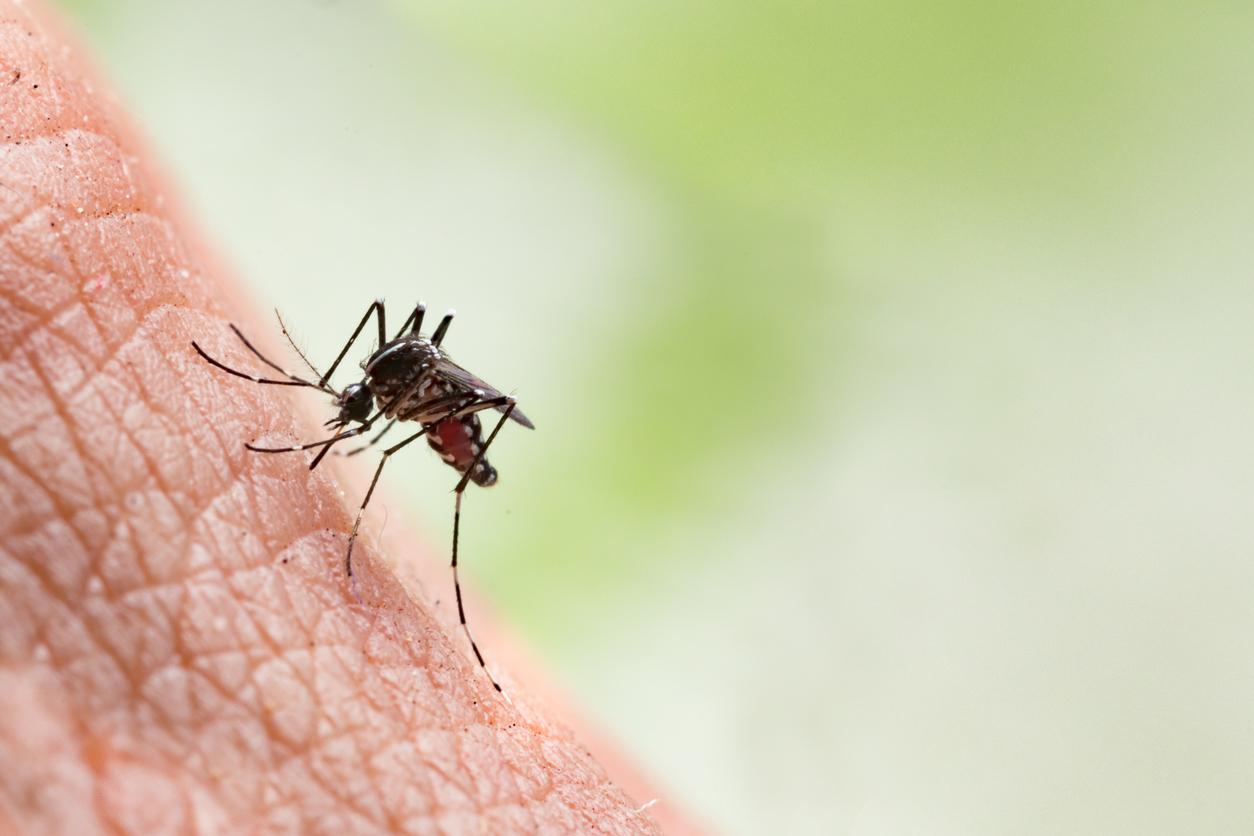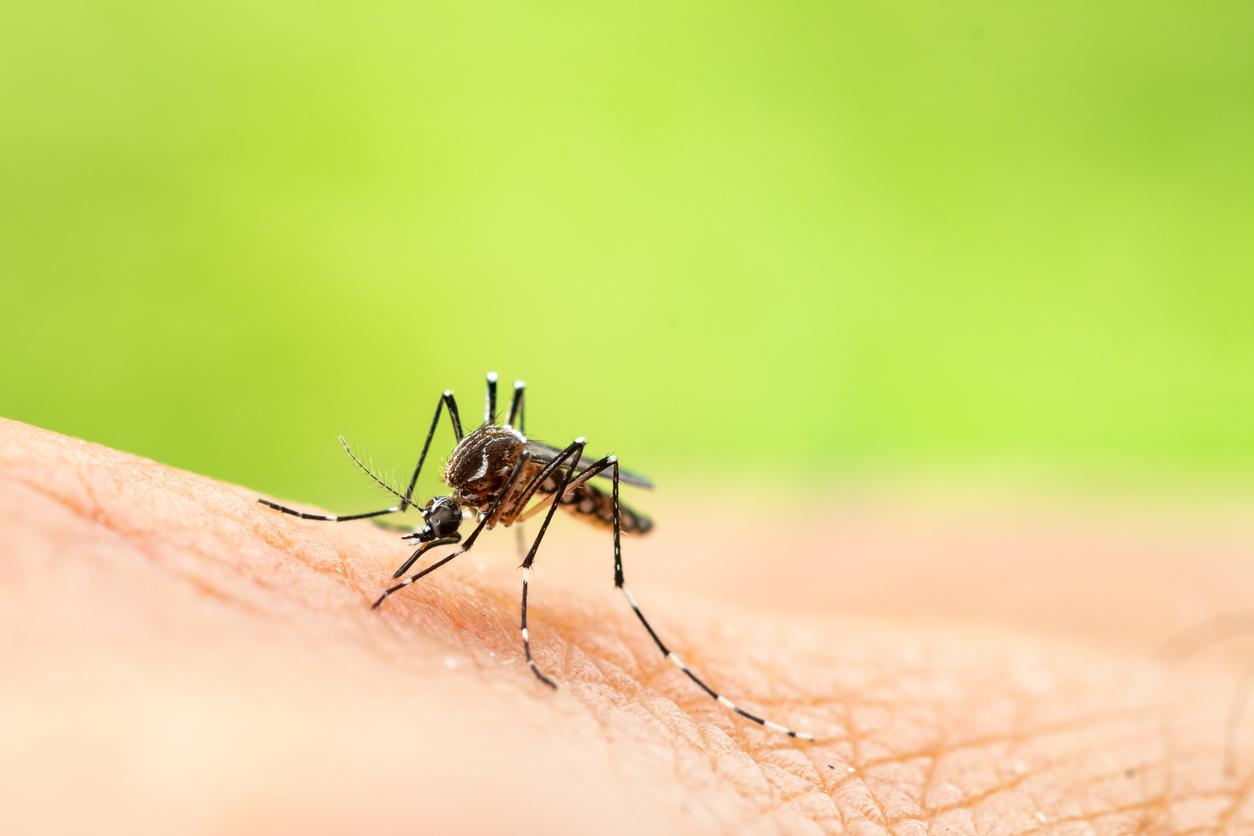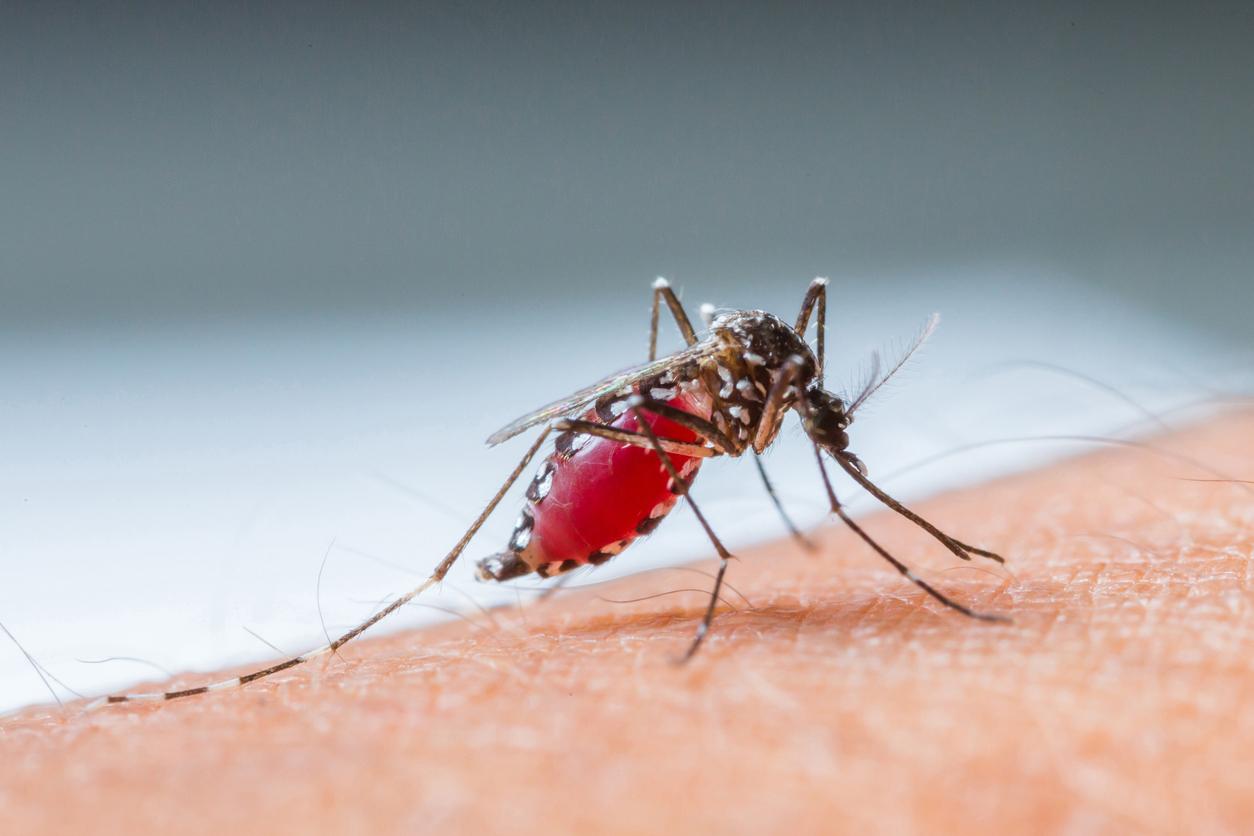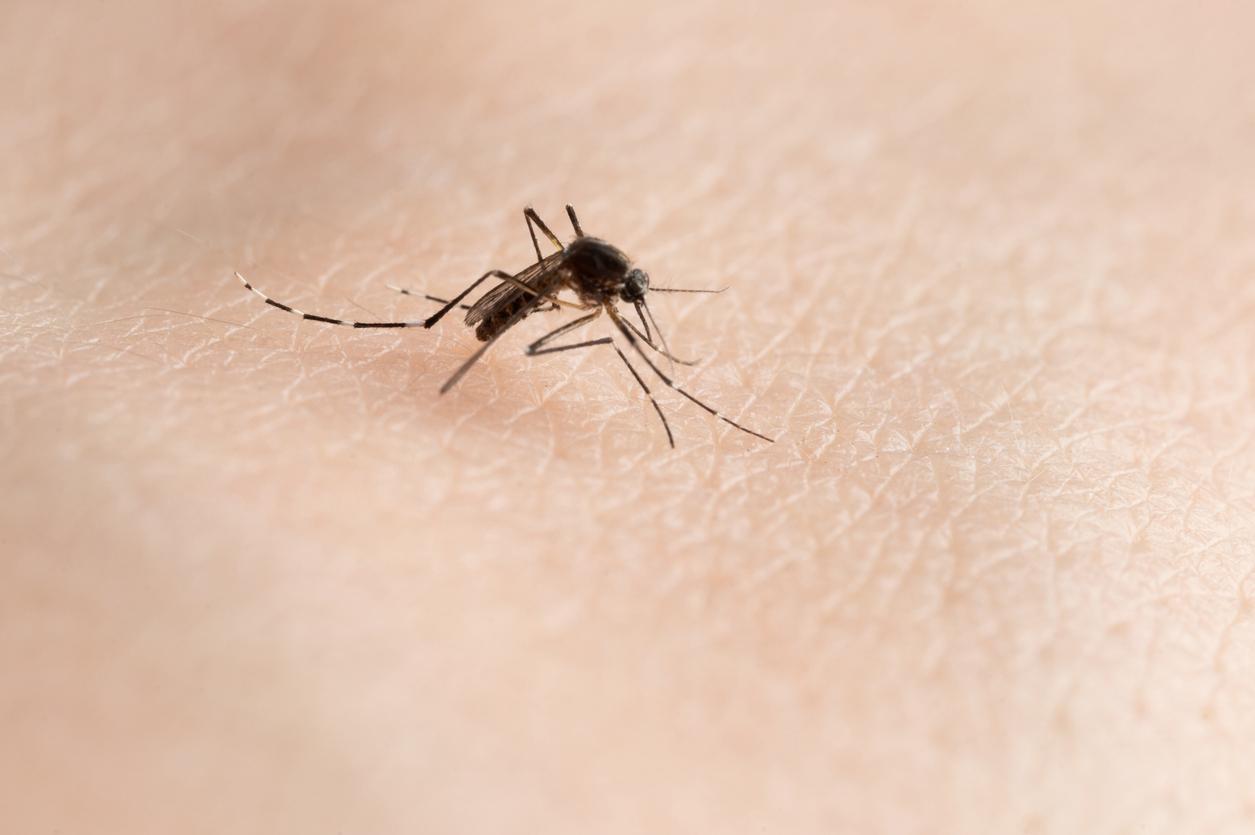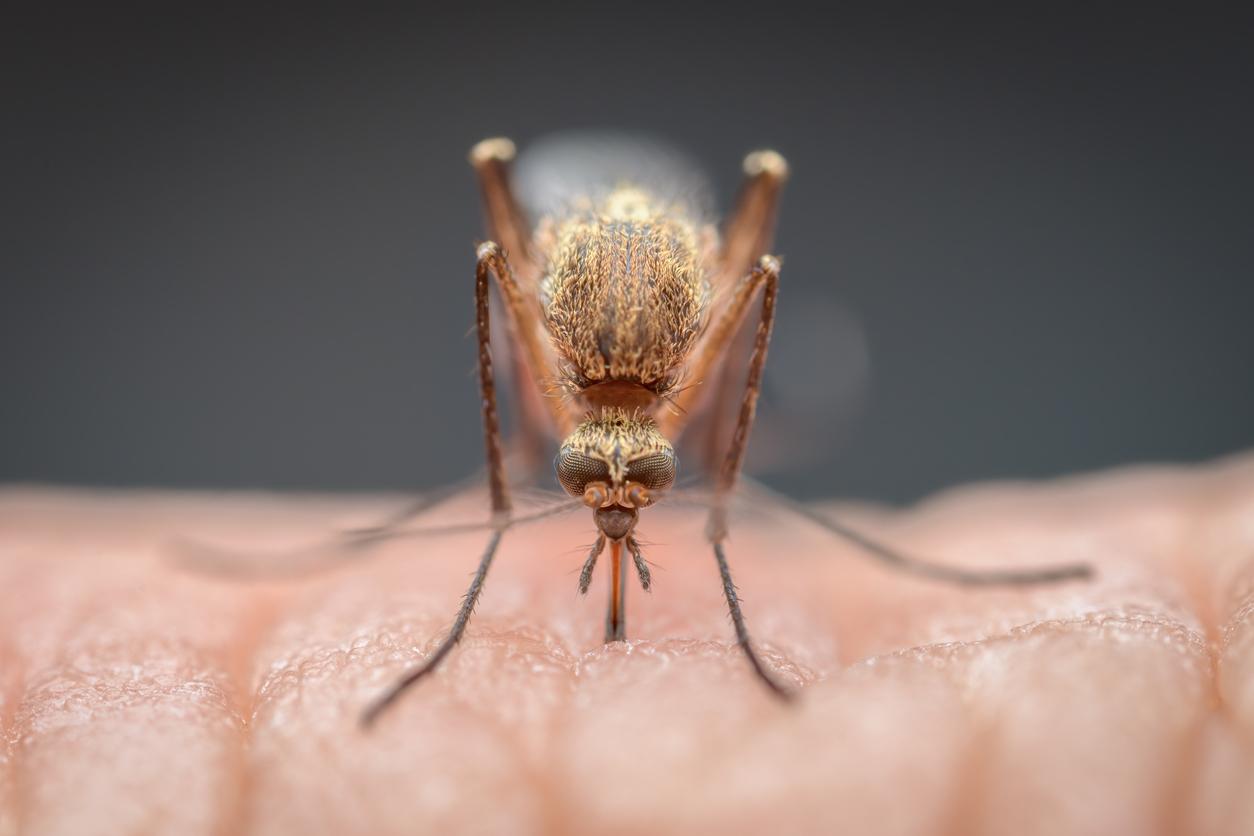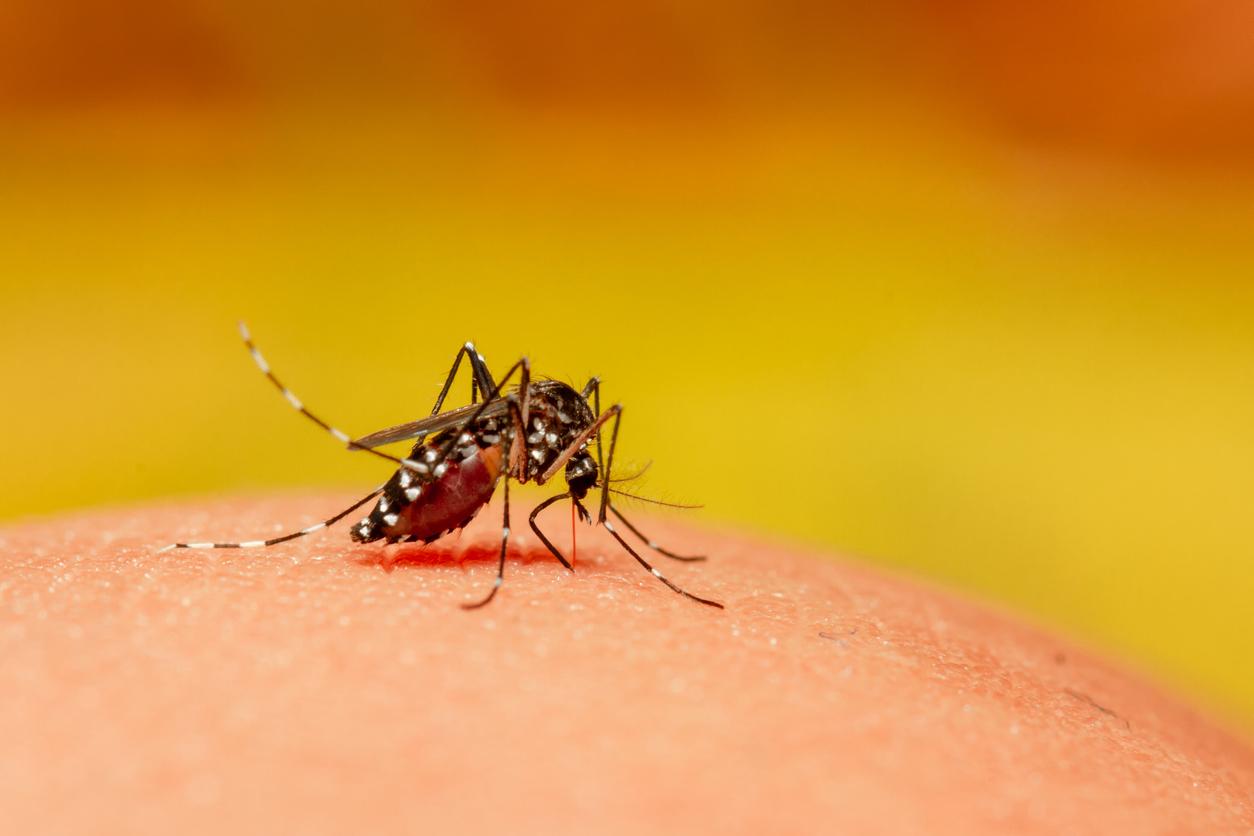According to regional health authorities, two people have died and 23 have been hospitalized in southern Spain after contracting West Nile virus. Transmitted by mosquitoes, it can cause serious neurological damage.
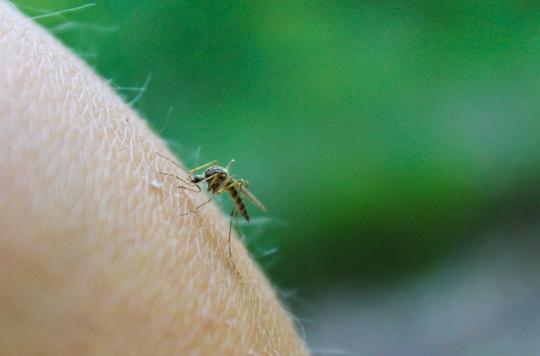
- Two people have died and 23 are hospitalized in Spain after contracting West Nile virus.
- Already observed in France, this disease transmitted by mosquitoes causes in 20% of cases a neurological disease which can be fatal.
In addition to the Covid-19 epidemic, Spain is facing an upsurge in cases of West Nile fever. According to health authorities in Andalusia, a 77-year-old man and an 85-year-old woman died respectively on Thursday August 20 and Friday August 21 after contracting this infectious disease transmitted by mosquitoes. 23 people also infected are also hospitalized, including 7 in intensive care.
A virus also present in France
If the West Nile virus is regularly present in summer in European regions with strong sunshine such as Greece or Romania, France is far from being spared. Discovered in Uganda in 1937, this virus transmitted by the Culex mosquito, the most predominant in metropolitan France, was spotted for the first time in the Camargue in 1962, then again in 2000.
For twenty years, cases have been regularly observed in the south of Francelike in Nimes in 2015 or in Nice in 2017. Mainly infecting horses, dogs, cats or even bats, the West Nile virus is carried by birds and transmitted to humans by mosquitoes that feed on the blood of birds. Humans are therefore considered an “accidental host” of the disease because they cannot transmit the virus. There is then no risk of contamination between humans.
What are the symptoms ?
If in 80% of cases, infected people show no symptoms, this zoonotic virus (that is to say, transmitted by animals) can cause flu-like symptoms, then evolve into a fatal neurological disease. It then becomes West Nile meningitis. According to WHOone in 150 infected people develops this severe form of the disease.
Symptoms of the mild form of the disease are fever, headache, asthenia, pain, nausea, vomiting, and in some cases a rash on the trunk and swollen glands.
In the severe form of the disease, patients suffer from headaches, high fever, neck stiffness, disorientation, tremors, convulsions, muscle weakness, and even paralysis or coma. .
This severe form can occur at any age, but people over 50 and some immunocompromised people (such as transplant patients) are most at risk of severe disease if infected with West Nile virus. for which there is currently no vaccine.
.







